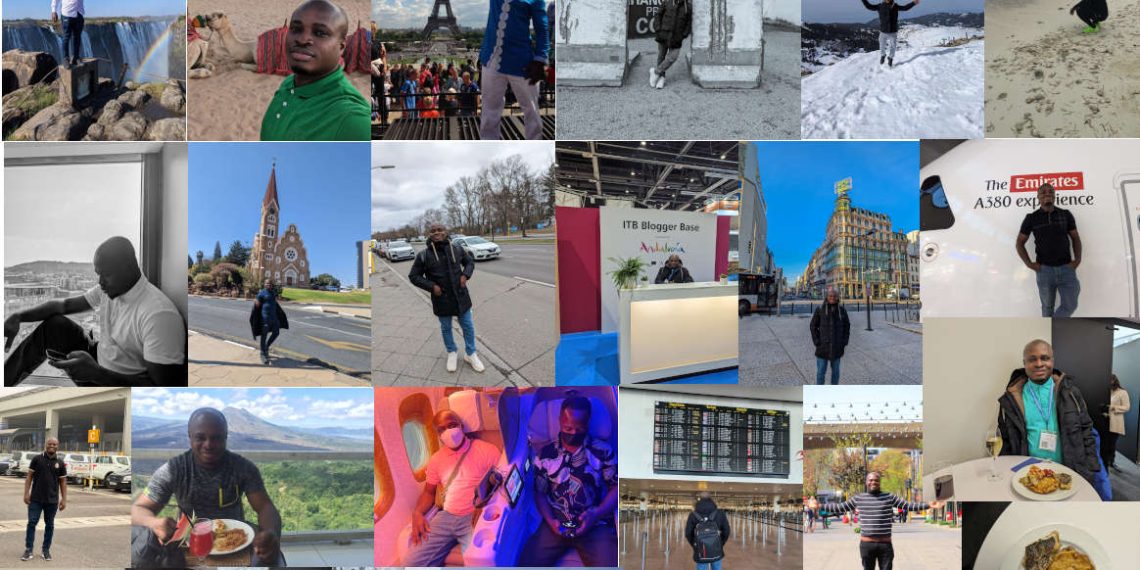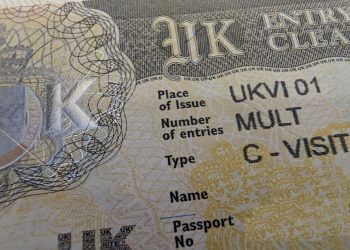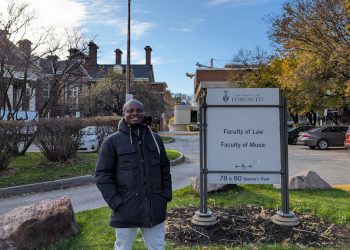Quebec is Canada’s second most populated province, with a population of over 8.7 million. It’s known for having three major metropolitan areas – Montreal, Quebec, and Sherbrooke. Unique among Canadian provinces, Quebec is predominantly Francophone, making it an appealing destination for French-speaking immigrants and those looking to become fluent in French.
If you are considering moving to Quebec, this article will help you explore everything from housing to healthcare in the province. Quebec has a large and varied housing market, with prices and property types varying by area, family size, and desired property type. The average rent for a one-bedroom apartment in Montreal is $1,752 CAD, compared to $1,234 in Quebec City. Commuting is made easier by Quebec’s public transportation, which includes subways, buses, and personal vehicles. For the first six months as a new Quebec resident, you may operate a motor vehicle using your driver’s license from your home country. After this period, a provincial license is required.
The largest industries in Quebec, by employment, are trade occupations, healthcare and social assistance, and manufacturing. Public healthcare, funded through a universal model, is accessible to newcomers over 18 years of age after a three-month wait period. In terms of education, Quebec offers free public education until the end of high school, with many post-secondary institutions offering programs for Canadian newcomers.
Quebec imposes a sales tax of 14.975%, combining a standard Goods and Services tax (GST) of 5% and a provincial sales tax of 9.975%. Lastly, there are many resources available to aid newcomers in settling into Quebec, such as Accompagnement Quebec, a free service that helps immigrants with various services.
Quebec is a unique province with plenty of opportunities for newcomers. Whether you are interested in housing, employment, healthcare, or education, Quebec has much to offer to people looking to start a new life in Canada. Discover more about eligibility for Canadian immigration and explore the province’s rich offerings.
Still have some travel questions? Ask in our Travel WhatsApp Group.








